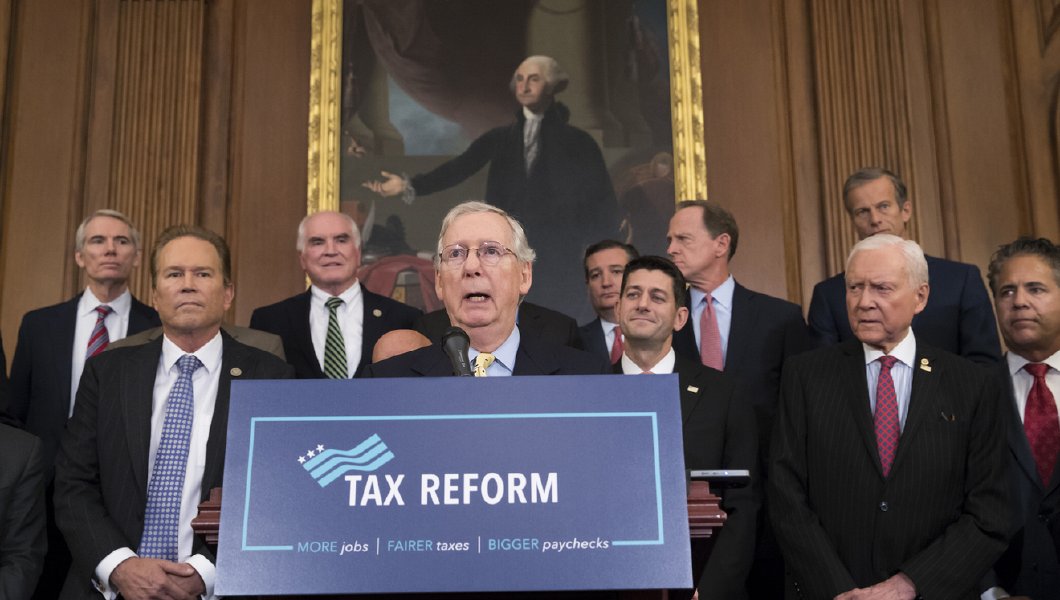Writing at The Washington Post’s Plum Line blog, Paul Waldman asks, (in the headline writer’s fair summary) “Republicans have won the battle over money in politics. Should anyone celebrate?”
Barnaby Zall has already pointed to a number of gross errors in Waldman’s column, but I want to address Waldman’s column on its own terms. And the answer is: Yes. YES. YES!
If you look at Waldman’s column, every one of his complaints stems from one unstated and undefended assumption, and a necessary corollary to that assumption.
The assumption is this: It is good to have less money spent in campaigns, and therefore less political speech. The necessary corollary is this: It is therefore good to give the government more power to regulate political speech.
Thus, Waldman is upset that the Federal Election Commission won’t roll over, ignore the constitution and the law, and do whatever he and the “reform” lobby want done to get the bootleggers. He is agitated not by the IRS targeting of political groups, but by the fact that they are not, in his view, doing enough targeting. He is upset that non-profits speak out on political issues, although none of the liberal “reform” groups or the huge foundations that have bankrolled “reform” draw his ire. It never occurs to him that it may not be a bad thing if organizations other than candidate campaigns are politically engaged, and to the extent, for argument’s sake, we take seriously his charge, that some such organizations are frauds, it never occurs to him that it would pretty much all go away if people were simply free to contribute directly to candidates and parties. And that is because of his underlying assumption – it’s bad for money to spent on political campaigning and discourse – and its necessary corollary – it’s good for government to regulate such speech – blinds him to all other possibilities.
So Waldman concludes by asking “is this the best of all possible systems?” Perhaps better questions would be: Would it be better to have more IRS involvement in political discourse? Should the government determine who can say what, and how, and how much they can say it? Is it good to have a regulatory system that favors some types of political actors over others? And even if the answer to each or any of these is “yes,” is it compatible with the Constitution, as it is written, to implement that answer?
There are certainly two possible answers to each of these questions. But Waldman wants to avoid having to defend the answers he seems to believe in.
Waldman seems to think it is self-evident that the system is worse than it was pre-2007. Really? Is this self-evident? Assuming all these things can be dropped at the foot of the constitutionally mandated campaign finance deregulation that has taken place since 2007, is it really bad for democracy that there are more serious candidates running for President? Is it really bad that more candidates have the ability to get their message out? Should we be aghast that the nominating process might run past February of 2016? Was it better to have the “527s” of 2004? Is it good to have Congress trying to rig the system in favor of incumbents, as with the “millionaire’s amendment” and “stand by your ad” provisions of the McCain-Feingold law? (The former was struck down by the Supreme Court; the latter has been mercifully ineffective, even if the ridiculous “I’m Jack the Ripper and I approve this message” continues to hang as a hideous doppleganger, wasting time at the end of every federal candidate ad.)
An ongoing problem with “reform” advocacy over the decades has been the lack of interest in results. The advocates of all this regulation tend to measure “good government” by the presence of regulation, rather than by improving living standards, greater freedom, school performance, respect for civil liberties, or other substantive criteria. Thus they hold out as an indicia of the “success” of government financed elections that most candidates take the free money rather than work under the regulatory handicaps that exist if they do not; they cite lower spending as being itself evidence of better government, even as states with lower spending lag economically; they ignore the fact that passage of campaign finance regulation never seems to actually boost public confidence in government, and in fact more often corresponds with a decline in confidence in government; they eagerly hope for a new government ethics scandal they can lay at the feet of campaign finance freedom, while ignoring the scandals that take place during their highly regulated moments (Cunningham, Abramoff, Ney, Jefferson, runaway earmarking, etc.).
Political campaigns are not always pretty, and they are not always models of civic discourse as presented by the utopians. But on balance, campaign finance freedom works, and works well. It’s far better than leaving the regulation of political discourse to incumbent congressmen and the party in power, to be guided, presumably, by the prejudices of the Paul Waldmans of the world. That’s why we have a First Amendment.
Should we celebrate our freedom to speak freely about candidates, parties, issues, and Paul Waldman?














